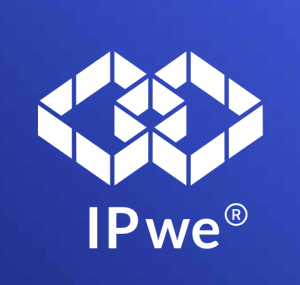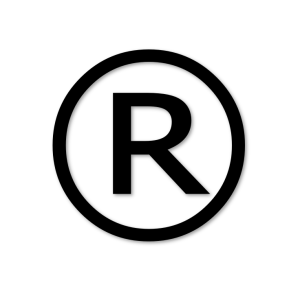The discussion on possible revision of Japan’s intellectual property dispute resolution system, reported in the previous 「日本の知的財産訴訟制度の見直しに関する議論の最新情報」, has started from last October, and the second meeting was held on November 21 2018 at the Japanese Patent Office (JPO), on which I had a chance to sit in. The objective of the meeting was to hear opinions from users of the litigation system, i.e. a lawyer, Masakazu IWAKURA (Partner at TMI Associates), Keidanren for the voice of big business in Japan, and The Japan Chamber of Commerce and Industry (JCCI) for the voice of SMEs. In their presentations, large companies seemed to want the continuation of the status, while SMEs want the reinforcement. Interestingly, large companies are worried about the case when they become a suspect, and SMEs make statements as a patent holder. It looks like SMEs versus large companies. So, the revision would be made to save SMEs in a disadvantaged position, due to resource shortage.
Here is a very short summary of each presentation.
Iwakura
- The current system still has problems in the aspect of proving patent infringement, rather than damages; e.g. evidence gathering for manufacturing method patents or B2B products whose analysis is difficult by analyzing the final products. We sometimes give up enforcement in Japan, and instead decide to enforce in the US or Germany.
- German inspection system would fit better with Japanese system than the US discovery system.
Keidanren
- The US discovery system will cause huge cost increase. The inspection system also has a risk of disclosure of trade secrets.
- Regarding damage calculation, we strongly disagree with the introduction of the system that allows to award damages which exceed actual loss such as punitive damages. We do not recognize that there are many malicious acts of infringement worthy of punishment.
- We should take enough time to consider, not jump to conclusions.
JCCI
- We request improvement of damage calculation to increase awarded damages. Lawsuits can be very expensive. In addition to attorney’s fees and investigation fees, lawsuits affect our business because key members of our staff have to be involved in the cases due to resource shortage.
- Many malicious acts of infringement have been reported from SMEs; e.g. infringing with an awareness of infringing our patents, dragging out license negotiation, trying to prolong litigation preying on our resource shortage.
The government will continue discussions, researching advantages and disadvantages of the German inspection system and others. As far as I observe, the discussions will be likely to be moved forward on the premise of the following;
- For evidence gathering, introduce an inspection system based on German system, while considering trade secret protection.
- Develop some measures to raise the level of damages.
- Introduce punitive damages against malicious acts of infringement.







